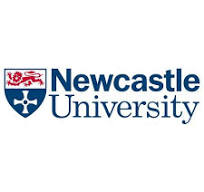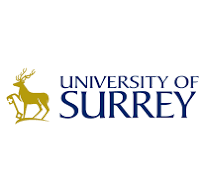Welcome to the hub. This is where we share opportunities for you to engage with research projects, surveys, and studies – all to support people with muscle wasting and weakening conditions to live well now.
Every project is led by carefully selected and trusted partners, including academic institutions, students, and other charitable organisations. Like us, they are passionate about building a community to change the future of muscle wasting conditions.



